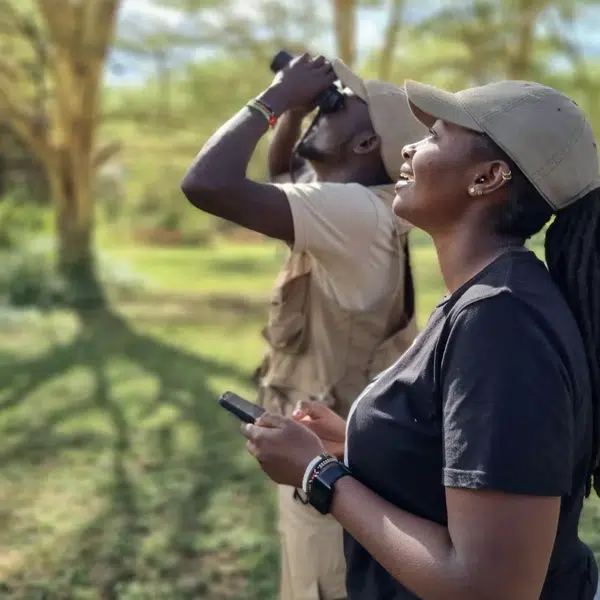View this post on Instagram
Earning a PhD is an impressive feat. Students study and research for years before defending their dissertation in front of a committee of scholars. If successful, they are recognized with this highest degree, connoting mastery of their field of study. Doctoral degrees can be earned in countless subjects at countless schools, but one very unique program is breaking new academic ground. Navajo Technical University has become the first tribal university in the United States to offer a PhD program. The program is a Doctor of Philosophy in Diné Culture and Language Sustainability—and the school hopes future degree-holders will put the skills learned in the program to use for the Navajo community.
The Navajo Nation is a sovereign nation which stretches over 27,000 square miles in the American southwest. It is also known as Diné Bikéyah or Navajoland. The vast reservation covers part of Utah, New Mexico, and Arizona. The Navajo people have a rich history, from migrations to the Southwest almost a thousand years ago to the code talkers of World War II. Diné (meaning “the people”) is how the Navajo refer to themselves, their language, and their culture. This Indigenous language is still widely spoken within the Navajo community, but it is considered at risk.
Navajo Technical University—an accredited university with multiple campuses and over 30 degree programs—began in the 1960s as a community education initiative. It has since continued expanding and teaching according to both Western pedagogy and Diné tradition. It previously offered bachelor’s, associate’s, and master’s degrees, in addition to certificate programs. Those programs are now joined by the first PhD program at a tribal college within the United States. Over 20 hopefuls have already applied for five spots in the fall.
To apply, a student must have both a bachelor's and a master's degree already. They must have a certain level of proficiency in Diné culture and language, the study of which they will continue in the program. Once in the program, students will study in courses such as “Language Endangerment and Language Revitalization,” “Syntax and Morphology,” and “Qualitative Research Methods in Diné Culture.” In the program’s final two years (of four in total), students will delve into research and prepare their dissertation. The program will be supervised by Dr. Siri Tuttle and Dr. Franklin Sage (Diné). According to the program webpage, “Dr. Tuttle is a renowned linguist and expert in Athabaskan linguistics and community-based research, while Dr. Sage is a leading scholar in the field of Education and foundation of research, Diné research in culture and history.”
Like many graduates who receive their PhDs, the future scholars may go on to teach after they graduate. As the new degree was created through community collaboration, and incorporates much community scholarship, Navajo Tech President Elmer Guy hopes that graduates will go on to give back to the Navajo community and both enrich and preserve its cultural heritage. “I thought it would be important to make that connection,” Guy said. “Individuals will get a degree and they’ll be professionals. You have to make it applicable. By making it more meaningful, people will have an interest in it.” He also noted, “They will be part of solving problems…These students have energy and creativity, and our job is to give them the tools.”
To learn more about the new program, check out Navajo Tech's website.
Navajo Technical University has become the first tribal university to offer a PhD program. The program is a Doctor of Philosophy in Diné Culture and Language Sustainability.
View this post on Instagram
Navajo Technical University: Website | Instagram
h/t: [NBC News]
New ‘First Americans Museum’ in Oklahoma Is Dedicated To Sharing Indigenous Stories
96-Year-Old Navajo Grandmother Goes Viral on TikTok for Her Beadwork
NASA Is Naming New Landmarks Discovered by Mars Rover in the Navajo Language
106-Year-Old Indigenous Filipino Tattoo Artist Becomes Vogue’s Oldest Cover Model






















































































